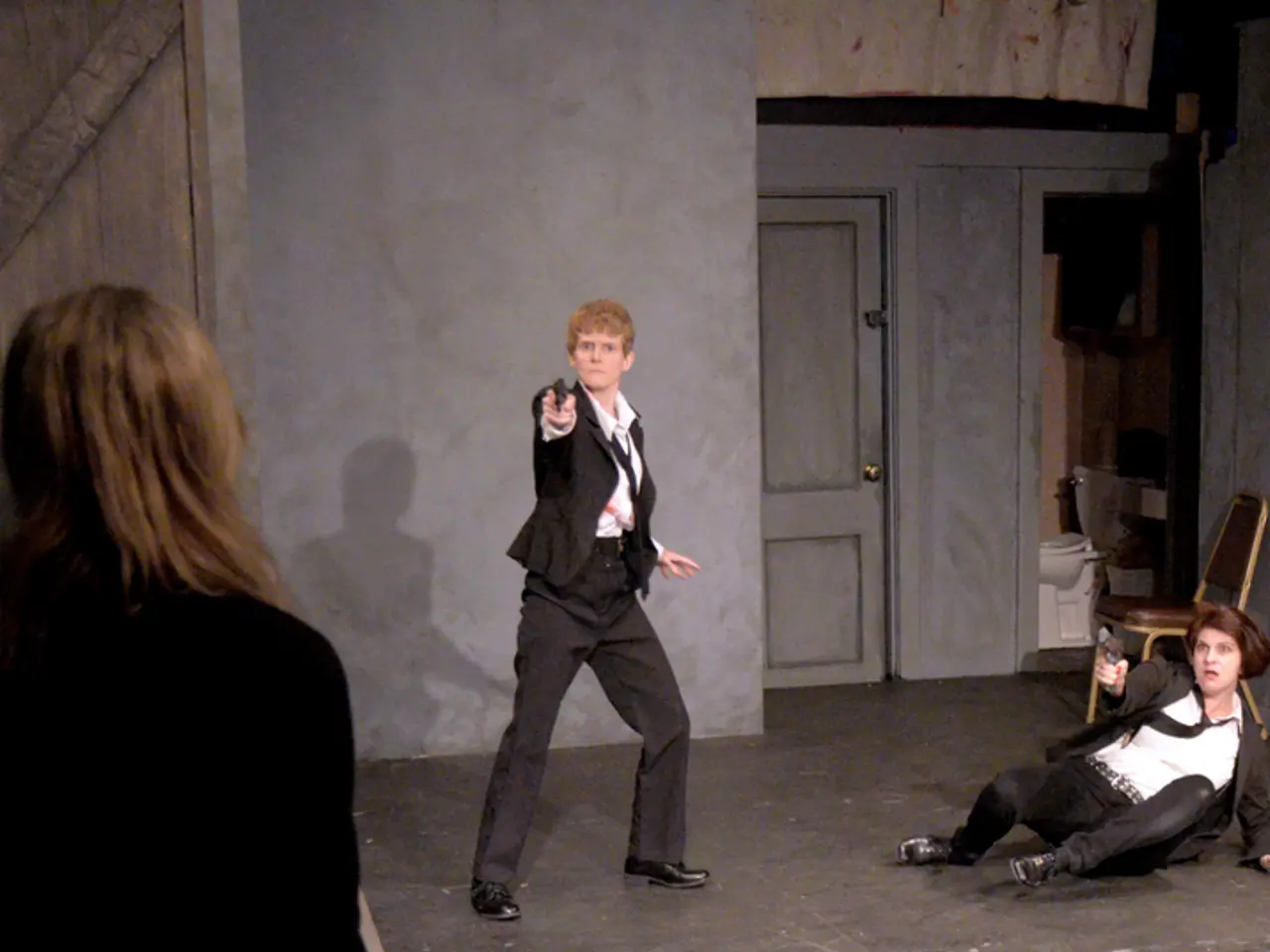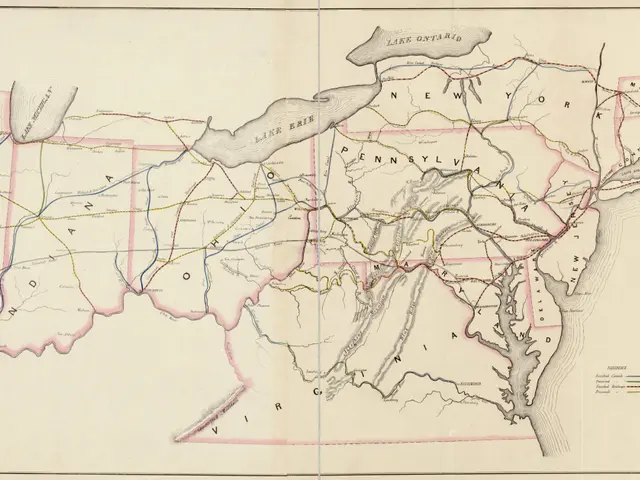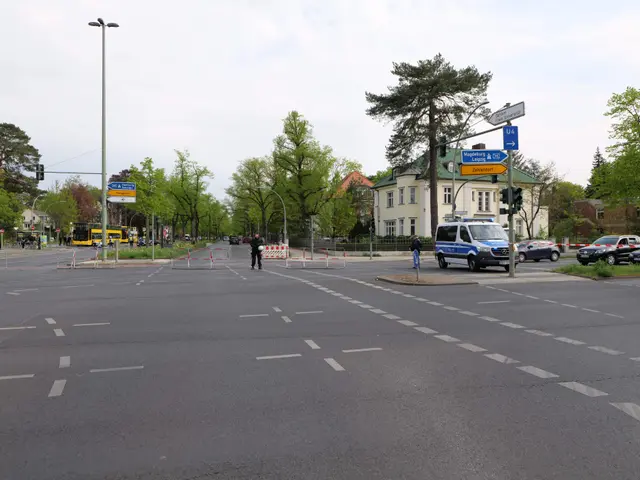Post-War Prosecutor's Relentless Pursuit of Nazi Justice in 'Labyrinth of Silence'
In post-war Germany, young prosecutor Johann Radmann, portrayed in the 2014 German drama 'Labyrinth of Silence', faces a daunting task: bringing former Nazis to justice. Directed by Giulio Ricciarelli, the film follows Radmann's relentless pursuit of justice, despite resistance from the justice system and personal revelations.
Radmann's investigation begins with the discovery of a former Auschwitz commander working undisturbed as a teacher. He encounters resistance, including warnings to focus on lesser cases, but persists. His determination leads him to collaborate with Mossad agents, culminating in the kidnapping of Adolf Eichmann.
As Radmann delves deeper, he uncovers thousands of suspects, including his own father, who was a party member. This personal revelation causes him to question his own identity. Despite these challenges, Radmann continues to push for indictments, even when the justice system blocks his efforts due to former Nazis holding high positions.
Radmann eventually leaves the public prosecutor's office for a job in industry, but moral dilemmas follow him. Throughout his journey, Radmann comes to understand the importance of remembrance, not just legal judgments, for the victims of the Holocaust.
In 'Labyrinth of Silence', Johann Radmann's unyielding pursuit of justice exposes the complexities of post-war Germany. Despite resistance and personal turmoil, Radmann's commitment to remembrance and legal action serves as a poignant reminder of the importance of accountability.
Read also:
- Mecklenburg-Vorpommern's Controversial Spending: Calendars, Fish Ladders, and Parking Garages
- Berlin's Friedrichstraße and Checkpoint Charlie Redesigns Delayed by Budget Cuts
- Koblenz Explores Sewage Sludge Incineration Amidst 'Black Book' Revelations of Costly Investments
- Covid-19 Strains German Hospitals: Severe Nurse Shortage Threatens Care






